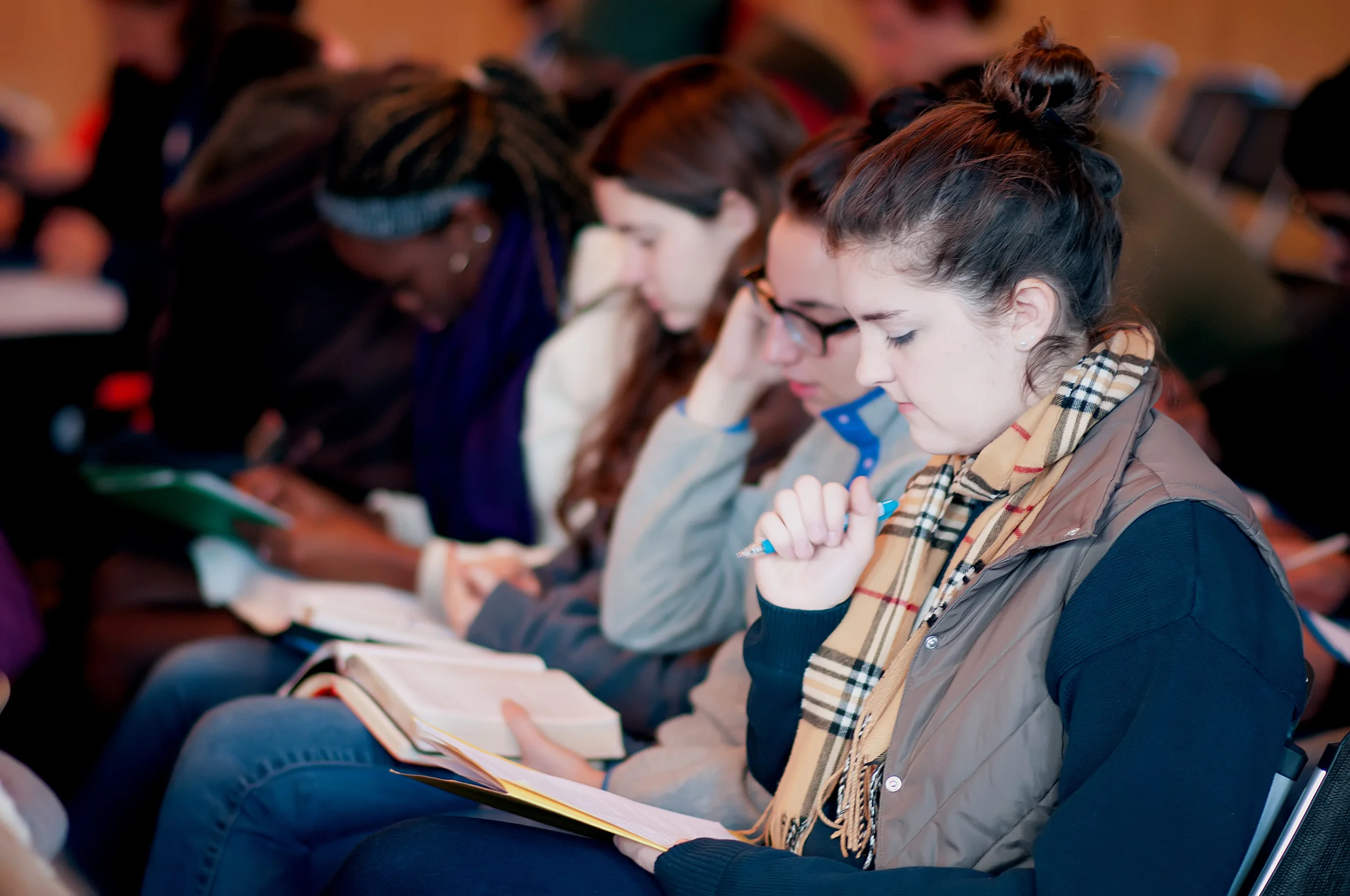Who Decides Students’ Beliefs?
We are facing an odd time in secular colleges throughout New England. In an effort to ensure all students have access to all groups, College Presidents, their Provosts and Deans are now determining not only who can associate with whom but what they should believe.
I don’t think they meant it to be this way.
I believe the original intent was to try and help students who have felt powerless to have access to all of campus. But in an effort to help one group have access they are now determining not only who has real power on campus but who does not.
Christian students who have historic, orthodox beliefs are now being legislated into positions of powerlessness and being told what they can and can’t believe.
I don’t really mind the powerlessness. Our own historic, biblical texts tell us that we will find ourselves powerless in this world and hated. And I’m also not surprised by the vitriolic opposition Christians of historic and orthodox beliefs are facing on campus. Power does indeed corrupt and when given to those who have felt wronged in the past, they use it the way all have others have from history. They determine they will win at any price. None of that surprises me.
I’m more concerned about the dictating of beliefs. There was a time when there was room at the table of the university for everyone. The great Peter Gomes of Harvard fought for all student faith groups to exist on campus. He was the great (and perhaps last) champion of the liberal university. That great tradition is being lost on a daily basis, especially at places like Tufts University and Bowdoin College.
At Tufts in particular a new ruling states, that religious groups at Tufts are to bed fined as,
“”an organic group of Tufts students in which religion can be explored — even by non-believers or members of different faiths — as well as practiced. In the latter interpretation, these organizations should be fully open to all students, rather than partially exclusive. “”
Excellent! That is exactly what InterVarsity groups have always been. But then, the ruling goes on to determine that there can be no use of religious criteria to choose leaders. They see religious groups as places for discussion that leads to no decisions about those beliefs and are definitely not places for actual change to take place. It means that religious faith is moved to periphery of a students’ experience and places the University and it’s belief system at the center. Now Tufts becomes the new magisterium, no longer providing a place for students to explore and engage life and decide for themselves what they believe, but a place where the college will dictate not only how they should engage faith but what that faith should look like.
It is a sad loss for the liberal university and students in general. Until another Peter Gomes arises, students of historic, orthodox faith will either need to go underground on campus, becoming, in a sense, a guerrilla movement of hope, or will need to find other institutions to attend where their beliefs are tolerated.
By, Chris Nichols, Regional Director | New England
Originally posted on Feb 12, 2014 on nicholspage.org

